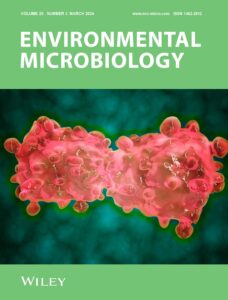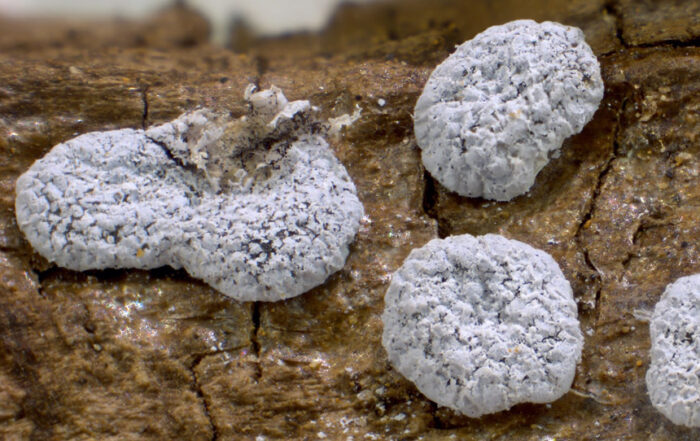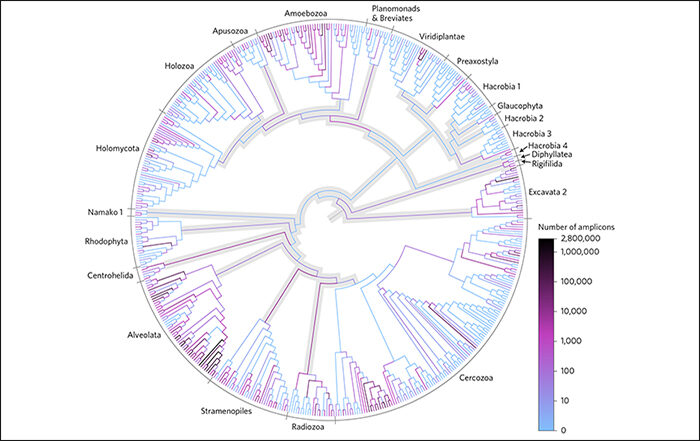
April 12, 2024: Members of the Myxotropic team have published a paper on the potential biases associated to environmental DNA sequencing with general primers, using the order Arcellinida as study model, in Environmental Microbiology.
The authors compared the data available in EukBank, a comprehensive data base comprising results from studies based on environmental DNA sequencing conducted at global scale, to the information published in the literature. They saw that EukBank does not contain data for many infraorders of Arcellinida, even if, according to microscopy-based studies, they are frequent. On the contrary, they observed that Phryganellina, a very unknown infraorder, is frequently reported in enviromental DNA sequencing studies, so that it would be much more common and diverse that previously thought.
This study on biases related to environmental DNA sequencing, consequences and possible causes has just been published, so do not miss the opportunity to read it. Stay tuned for additional papers on tecate amoeba!
More News
What a welcoming month!
December 1, 2021: This month we are very glad to welcome Giulia Magri Ribeiro, a predoctoral student from the [...]
Members of the Myxotropic project describe a misidentified nivicolous species: the importance of combining morphological and molecular data.
December 1, 2021: A new nivicolous myxomycete species, Didymium pseudonivicola, has just been described as result of a comprehensive [...]
Successful first edition of “Protist eDNA – Bio-informatics workshop”.
November 30, 2021: More than 170 people from 25 countries participated in the first edition of “Protist eDNA – Bio-informatics [...]
Fresh from the oven! New records of three rarities from the highest summits of the Tropical Andes.
October 14, 2021: The tropical Andes are likely the richest of the world's tropical regions when referring to Myxomycetes. Despite [...]




